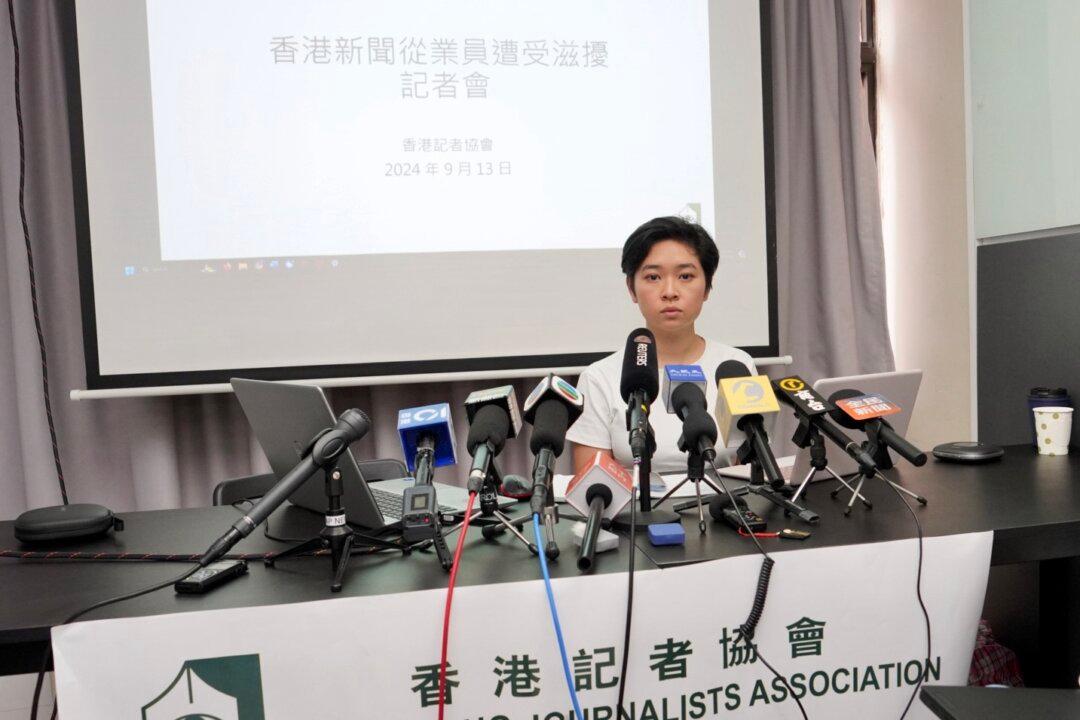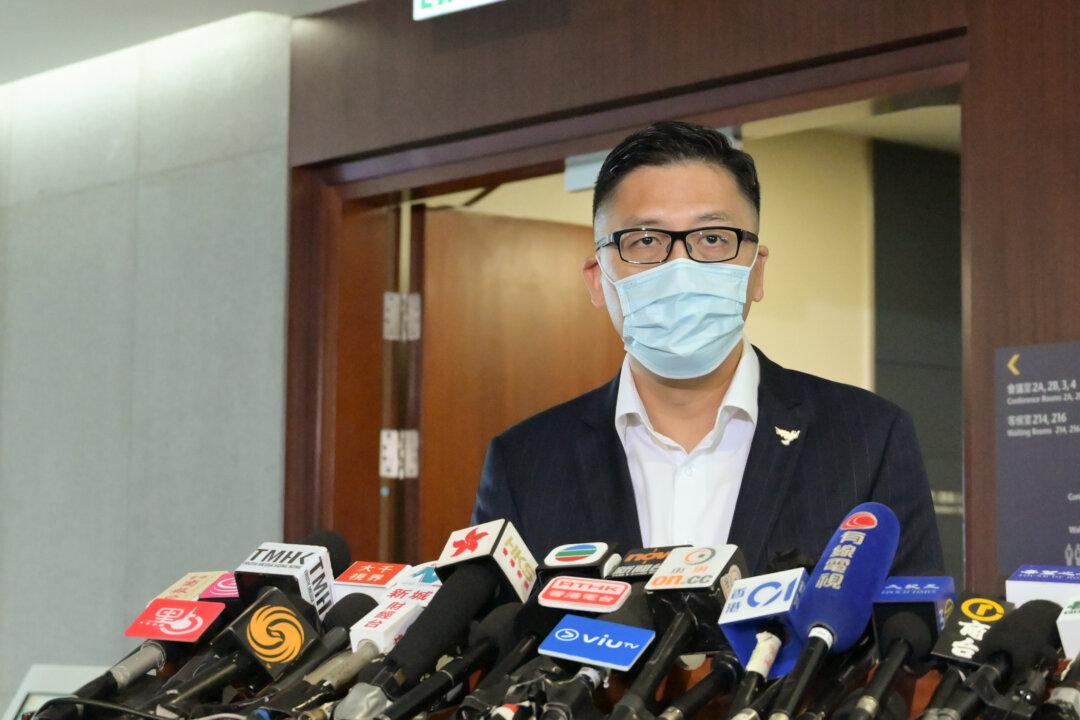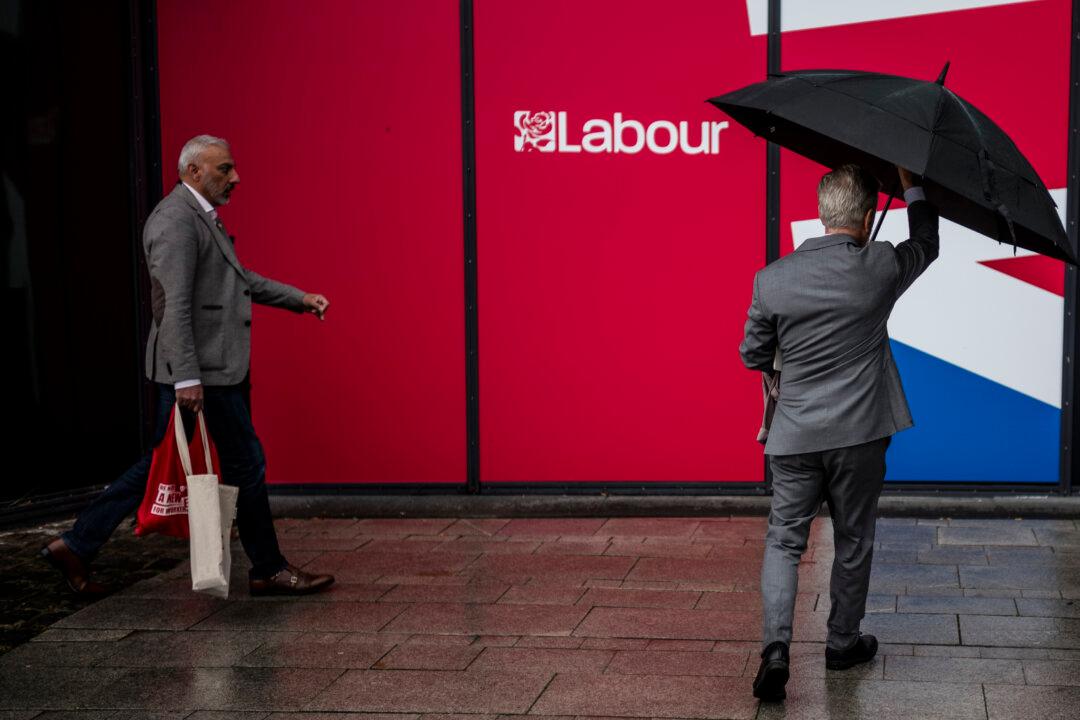Hong Kong journalists and families are facing an increasing wave of harassment and threats both online and offline, with incidents becoming more frequent and severe in recent months, Hong Kong Journalists Association (HKJA) Chairperson Selina Cheng told a press conference on Sept. 13.
The HKJA’s investigation found that systematic harassment was concentrated between June and August this year, with a significant increase between mid- and late August. It affected 15 organizations, including 13 media outlets and two journalism training institutions. Among those targeted were the HKJA, Hong Kong Free Press, Inmedia, and Hong Kong Feature.




